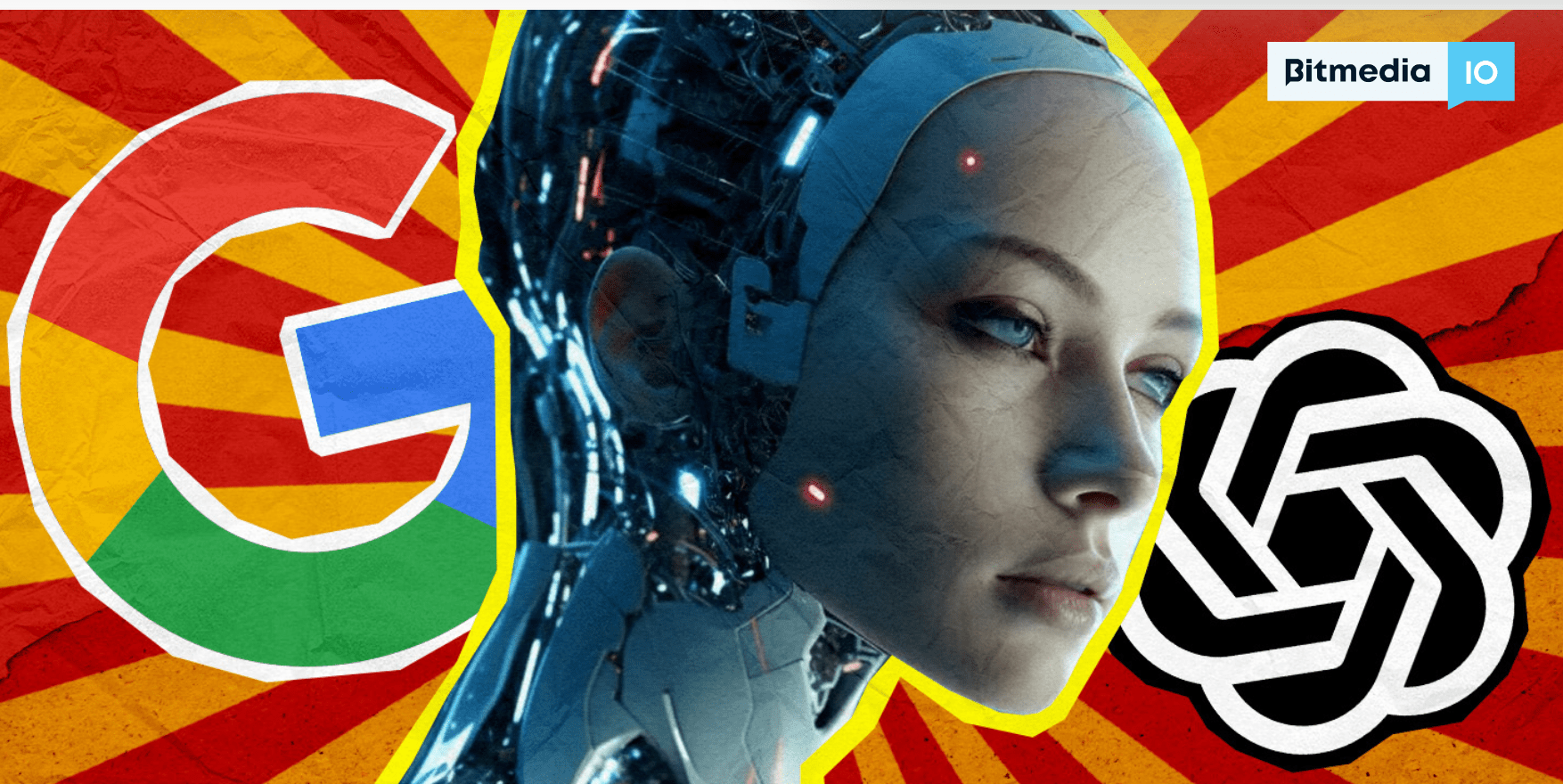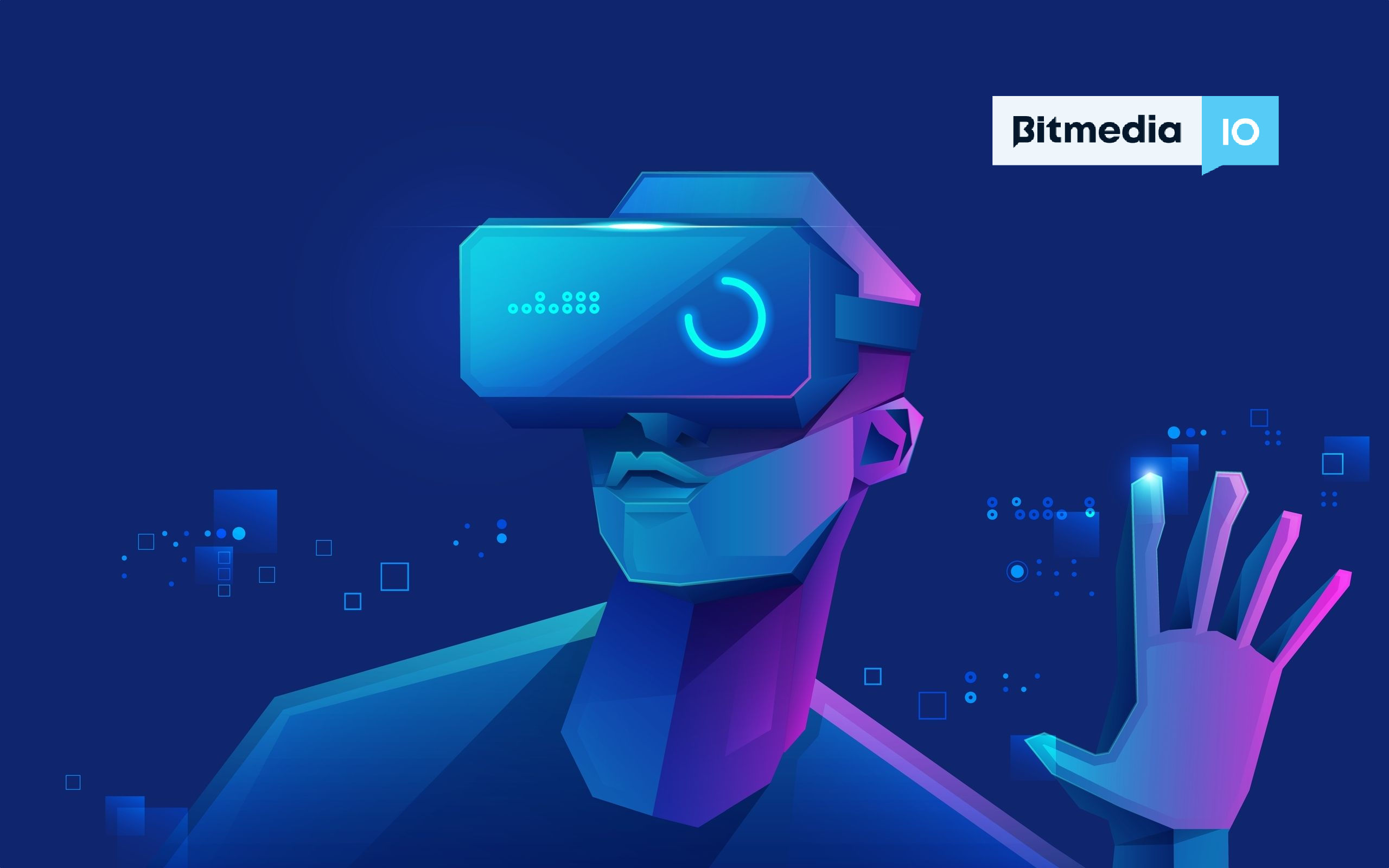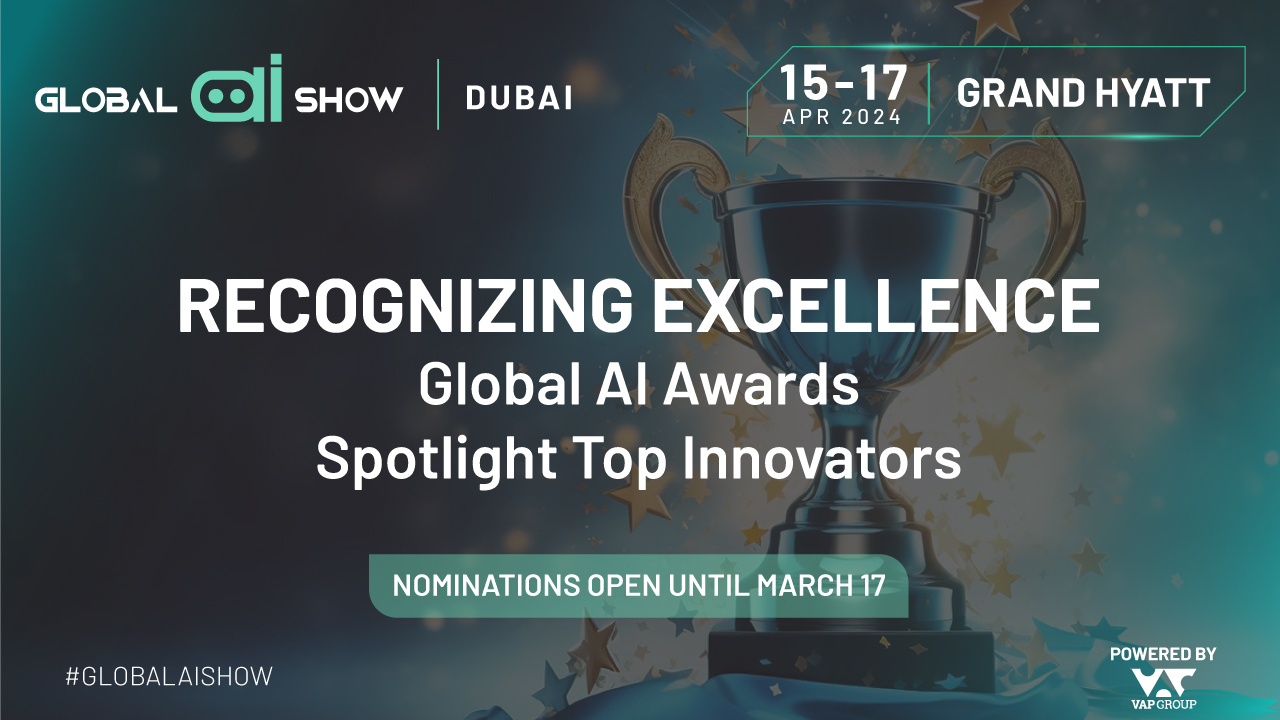AI Agents – History, Types, Real Use Cases

If you thought artificial intelligence sprang to life with James Cameron’s Terminator or only became useful when ChatGPT arrived on the scene, prepare to have your timeline recalibrated. Problem-solving algorithms have been part of AI research since 1950, silently evolving decades before becoming household names. Join us as we explore the authentic history of AI agents – digital entities that have long been integrated into corners of our lives where we least expected them.
How have AI agents evolved, and what are they now?
1950s–1970s: The First Ideas
Seven decades ago, Alan Turing – the brilliant British mathematician who cracked Nazi Germany’s Enigma code – conceptualized machines that could think and make human-like decisions in his groundbreaking paper “Computing Machinery and Intelligence.” His famous Turing Test became the benchmark for determining whether a machine could display intelligence indistinguishable from human thought.
Key Milestones:
- 1956 – Dartmouth Conference: AI officially emerges as a scientific discipline.
- 1958 – Perceptron (Frank Rosenblatt): The pioneering neural network model.
- 1965 – Deductive AI: Logical reasoning systems using Prolog and LISP.
- 1966 – ELIZA (Joseph Weizenbaum): The earliest primitive chat program.
The 1970s saw the rise of rule-based expert systems using IF-THEN logic to perform specialized tasks like medical diagnosis.
Examples:
- DENDRAL (1965–1970) – analyzing chemical compounds.
- MYCIN (1974) – diagnosing bacterial infections.
1980s–1990s: Machine Learning and Intelligent Agents Development
The 1980s marked a shift from rigid expert systems to more adaptable, multitasking AI systems called intelligent agents. These new systems could learn from data, adapt to environmental changes, and make increasingly complex decisions.
Key Milestones:
- 1986 – Backpropagation learning method (Rumelhart, Hinton, Williams)
- 1987 – Belgian researcher Pattie Maes coins the term “intelligent agent” for programs that autonomously analyze their environment and adapt to changes.
- 1995 – Agent-based systems power internet search (WebCrawler becomes the first search bot to index web pages as an autonomous agent)
Examples:
- 1997 – IBM’s Deep Blue defeats world chess champion Garry Kasparov, becoming the first intelligent agent to analyze complex game situations successfully.
2000s–2010s: Global Automation, Big Data, and AI Agents Widespread Adoption
The early 2000s saw AI agents actively integrated into business, finance, and internet applications. Big Data – massive information sets requiring new processing algorithms – became a crucial catalyst for AI advancement.
Key Milestones:
- 2006 – Machine learning ascends as Geoffrey Hinton demonstrates deep neural networks’ superior learning capabilities, laying groundwork for AI agents capable of speech, image, and text analysis.
- 2011 – Siri debuts on iPhone 4S as the first mainstream voice assistant understanding natural language.
- 2014 – Amazon launches Alexa, an intelligent voice assistant controlling smart devices and searching information.
Examples:
- 2011 – IBM’s Watson defeats human champions on Jeopardy!, marking the first AI to triumph in a complex quiz show.
2020s and Beyond: Generative AI, and Autonomous Agents
The 2020s have ushered in a new evolution phase, with AI agents transforming from mere “intelligent systems” to autonomous entities capable of planning, learning, and environmental interaction without human oversight.
Key Milestones:
- 2020 – Text-based AI revolution begins with OpenAI’s GPT-3, the largest language model of its time.
- 2022 – Mass adoption arrives through ChatGPT, Midjourney, and Stable Diffusion, making AI-generated content accessible to businesses and individuals.
- 2023 – First truly autonomous AI agents emerge, performing complex tasks with minimal human direction.
Examples:
- Automated assistants (ChatGPT, Gemini, Claude)
- Agent-based financial systems (AI hedge funds)
- Delivery robots and self-driving vehicles (Tesla, Waymo)
- AI medical diagnosticians (MedPaLM, PathAI)
AI agents in 2025 are software entities that interact with their environment, collect data, and make autonomous decisions. They select optimal actions based on perceptions and data to achieve human-defined goals.
AI Agents Use Cases
AI agents have integrated so seamlessly into daily life that distinguishing between human and computer-provided services has become increasingly difficult.
Here are the most common industries where AI agents operate behind the scenes:
Finance and Trading
- Automated algorithmic trading
- Credit risk assessment
- Fraud detection
Examples of AI Agents:
- Kavout – AI platform for predicting stock movements
- Kensho (S&P Global) – Analyzing financial data and automated forecasts
- Darktrace AI – AI for detecting fraud in financial transactions
Marketing and Sales
- Content and advertising personalization
- Chatbots and voice assistants
- Consumer behavior analysis
Examples of AI Agents:
- Albert AI – Automated marketing and advertising
- Drift – AI chatbot for customer interactions
- ChatGPT (OpenAI) – Customized models for content generation
Cybersecurity
- Identifying anomalies and cyberattacks
- Automatic vulnerability patching
- Analyzing network traffic
Examples of AI Agents:
- CrowdStrike Falcon – Threat and attack detection using machine learning
- Microsoft Security Copilot – AI assistant for cybersecurity
- IBM Watson for Cybersecurity – Threat analysis and investigation support
Medicine and Pharmaceuticals
- AI-driven disease diagnosis
- AI Drug Discovery
- Virtual medical assistants
Examples of AI Agents:
- DeepMind AlphaFold – Predicting protein structures for drug development
- PathAI – Cancer diagnosis using computer vision
- Babylon Health – AI telemedicine and symptom-based diagnosis
Education
- Interactive AI tutors
- Automated grading systems
- Adaptive learning
Examples of AI Agents:
- Socratic (Google AI) – AI tutor to assist with academic questions
- Duolingo AI – Personalized language learning
- Gradescope AI – Automated homework grading
Software Development and IT
- Automated code writing (Copilot, Code Llama)
- Software testing and bug detection
- DevOps automation
Examples of AI Agents:
- GitHub Copilot – AI assistant for code writing
- Codeium – Copilot alternative for code auto-completion
- DeepCode – Code analysis and error detection
Manufacturing and Logistics
- Supply chain optimization
- Warehouse management and demand forecasting
- Product quality control
Examples of AI Agents:
- ClearMetal (Project44) – Demand forecasting and supply chain management
- Symphony RetailAI – Optimizing warehouse inventory
- UiPath AI – Business process automation in factories
Automobiles and Transportation
- Autonomous vehicles and drones
- Route optimization
- Predictive maintenance
Examples of AI Agents:
- Tesla FSD (Full Self-Driving) – Autonomous driving system
- Waymo (Google) – Self-driving cars
- Nuro AI – Autonomous delivery robots
Media and Creativity
- Image, video, and music generation (Midjourney, Stable Diffusion)
- Automated content writing
- Deepfake technology
Examples of AI Agents:
- Midjourney / Stable Diffusion – Image generation
- Runway AI – Video generation and editing with AI
- AIVA – AI composer creating music
Law
- Document and contract analysis
- Legal information retrieval
- Automated assistants for lawyers
Examples of AI Agents:
- ROSS Intelligence – AI lawyer for document analysis
- Luminance AI – Automated contract analysis
- DoNotPay – Virtual lawyer for contesting fines
To conclude
AI agents have evolved from simple expert systems to fully autonomous solutions integrated into business, manufacturing, and everyday life.
As mentioned earlier, AI has become so naturally embedded in modern life that we often don’t realize we’re interacting with artificial intelligence. According to Goldman Sachs, AI could potentially replace 300 million full-time jobs. But can AI agents fully replace human agents? The answer is no!
Currently, AI agents cannot completely substitute humans in any field. Despite remarkable advancements in automation and data processing, uniquely human capabilities like empathy, creativity, and complex decision-making in uncertain situations remain irreplaceable.
Amplify Your AI Project’s Reach with Bitmedia.io
Bitmedia offers AI startups and established companies alike access to a premium network of crypto, blockchain, and tech-focused websites where your ideal users already gather.
Need to explain your complex AI technology? Bitmedia.io’s PR services help translate your technical achievements into compelling narratives that resonate with both technical and non-technical audiences. Our experienced team creates stories that highlight your AI project’s unique value proposition and real-world applications.
Comprehensive Marketing Solutions for AI Innovators
Beyond traditional display advertising, Bitmedia.io connects your AI project with established influencers in the tech and crypto communities. These authentic partnerships help build credibility and demonstrate your AI solution’s capabilities through trusted voices.
Ready to elevate your AI project’s visibility? Contact Bitmedia today and discover how our specialized advertising solutions can help your artificial intelligence innovation reach its target audience and achieve measurable growth.


